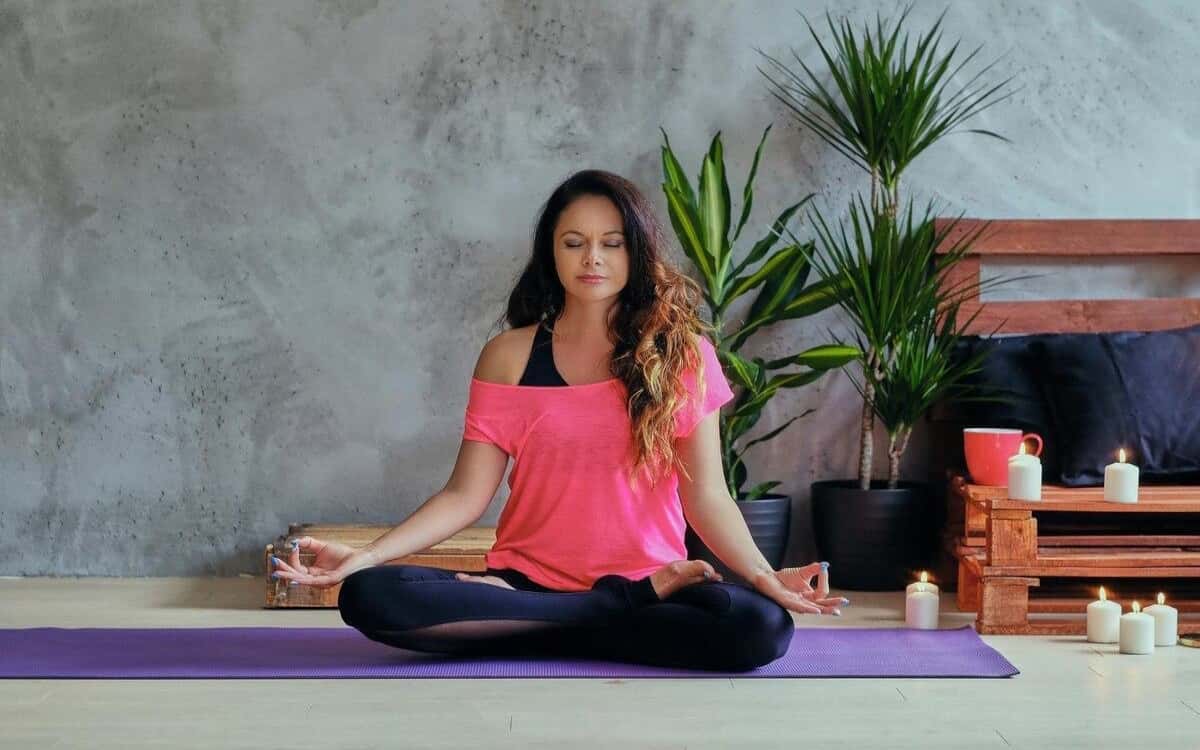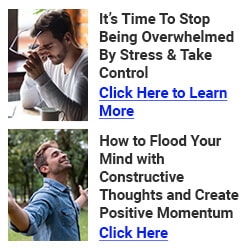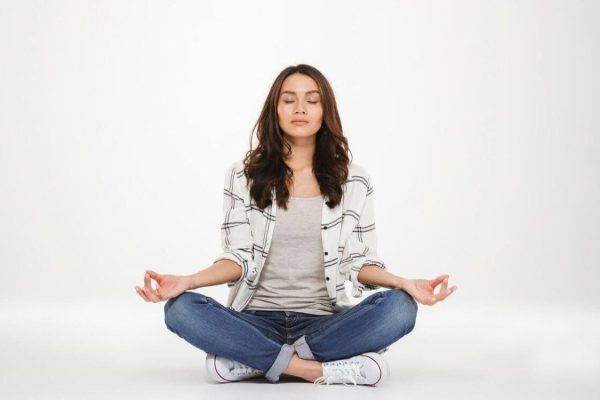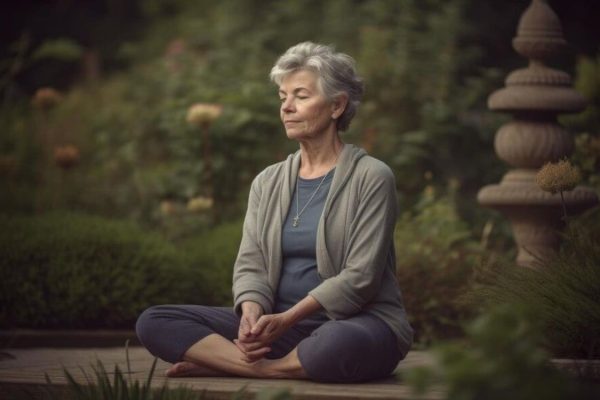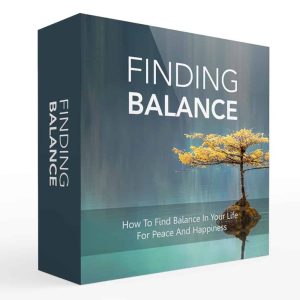Stress has turned into an unpleasant aspect of daily existence. Thank heavens, yoga offers a mild yet effective way to de-stress and unwind. This article will go over how yoga’s strong connection between the mind and body can help you manage stress.
Understanding Stress
Our busy lives always bring us stress, hurting our mental and physical health. To effectively deal with worry, it’s essential to understand how it sneaks up on you. Stress is the body’s response to things it sees as dangers or challenges. The fight-or-flight response speeds up the heart rate and releases stress hormones like cortisol. This reaction is critical in an emergency, but long-term worry can cause many health issues.
Using yoga to relieve stress
Yoga is an old Indian spiritual practice that is now known all over the world as a powerful way to relieve stress. Yoga is a gentler form of exercise than high-intensity workouts. It combines physical poses with controlled breathing and meditation. Yoga is different because it focuses on the mind-body link. Through exercises and relaxing methods, yoga helps people become more aware of their bodies and thoughts. This increased awareness is vital to handling stress because it allows people to find and deal with stress causes more effectively.
How Yoga Can Help You Handle Stress
There are many ways that yoga can help you deal with stress.
- Physical Relaxation: The poses in yoga ease muscle strain and make the body feel better.
- Mental Clarity: Controlled breathing helps you concentrate and clears your mind.
- Emotional Balance: Yoga makes you more emotionally intense and less anxious and depressed.
- Relaxing Hormones: Regular exercise drops cortisol levels.
- Better Mindfulness: It makes you more aware of the present moment, which stops you from dwelling on the past.
- Self-care: It promotes self-care and self-compassion, essential for dealing with stress.
- Stress resilience enhances the capacity to handle life’s difficulties.
- Holistic wellness takes care of both the mental and physical effects of worry.
Types of Yoga to Help With Stress
Different kinds of yoga can help you relax by combining controlled breathing, physical poses, and awareness of the present moment. These are some well-known types.
- Hatha yoga is great for people just starting because it focuses on basic poses and breathing, which helps you relax.
- Vinyasa yoga is a lively, moving style that synchronizes breath with movement. It allows people to become more aware and reduces stress.
- Restorative yoga mainly focuses on relaxing through passive poses supported by props, which can lead to a deep sense of calm.
- Yin yoga involves staying in poses for extended periods of time. It works on deep connecting muscles, making you more relaxed and flexible.
- Kundalini yoga uses breathing techniques, poses, and meditation to help you feel better and release stress.
- Iyengar yoga uses exact balance and props to help with healing effects such as relieving pain caused by stress.
- Bikram Yoga is done in a warm room and involves a set of poses that help with cleansing and relaxing.
- Ashtanga yoga has a set of challenging poses to strengthen you physically and mentally.
How to Start Doing Yoga
Starting yoga to deal with stress is a good idea, and getting started is easier than you think. How to start
Set realistic goals.
Know what you want to achieve. Is it to relieve stress, improve movement, or improve health in general? Setting clear goals will keep you going.
Choose a suitable style.
Think about your fit and what you like. Hatha or Vinyasa is great for people just starting, and restorative is excellent for deep relaxing.
Find a qualified instructor.
You can take classes or follow online lessons taught by qualified yoga teachers. They show you the way and make sure you practice safely.
Invest in basic gear.
A yoga mat that doesn’t slip and comfortable clothes are must-haves. Blocks, bands, and other struts can help you get better.
Begin Slowly
Start with simple stretches and breathing techniques. Focus on good form and balance over depth or force.
Regular Practice
It’s essential to be consistent. Aim for two to three sessions a week, with each session getting longer and more complex.
Listen to your body.
Yoga is all about getting to know yourself. Don’t push yourself too hard; understand what your body can and cannot do.
Conclusion
Yoga is a great way to deal with stress and improve physical and mental health. To live a more relaxed and healthy life, you should learn about stress, know how yoga can help you, try different types of yoga, and be patient and consistent as you start your yoga journey. Remember that now is the best time to begin and that the road of self-discovery through yoga always continues. Put out your mat and take the first step toward a calm, stress-free life. Thank you.
